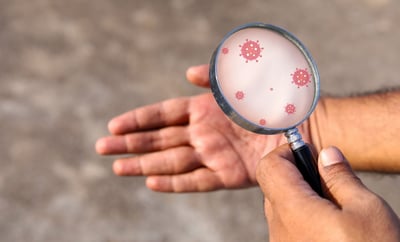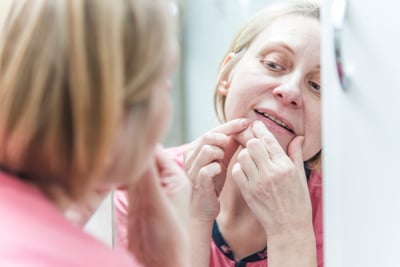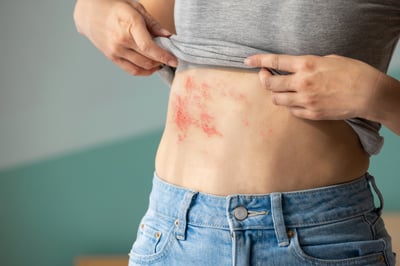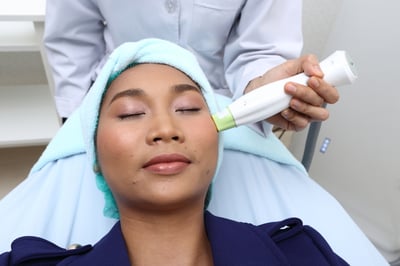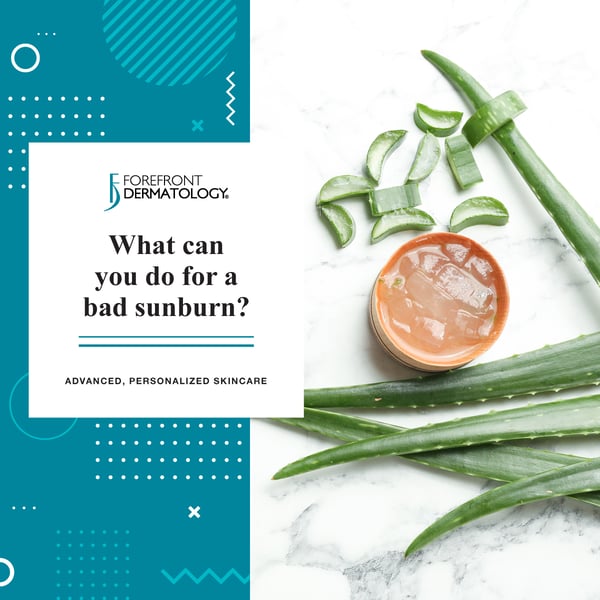
Did you get sunburned? Are you curious what you can do for a bad sunburn? Here are the top steps for treating a sunburn according Dr. Andrea Garrett, board-certified dermatologist with Forefront Dermatology, that will help not only relieve the discomfort, but also help the skin heal properly:
• Apply an aloe vera based moisturizer to help soothe sunburn. Keep applying over the next few days, even after the redness starts to fade.
• Do not treat a sunburn with any product that ends in “caine” (such as benzocaine), as this ingredient may irritate the skin.
• Drink extra water. Water is so important to the overall health of your skin – in fact science states that our skin is 64 percent water! When you get sunburn, it draws even more fluids to the skin’s surface and away from the rest of the body. Drinking extra water will not only help prevent dehydration, but also keep your remaining skin cells healthy and allow for rejuvenation of the sunburned cells.
• If your skin blisters, allow them to heal. Blistering skin means you have at least second-degree sunburn. Popping blisters will only increase your risk of infection. Allow them to heal naturally.
• Take extra precaution of your sunburned skin while it heals. Wear loose, soft, breathable clothing to avoid further skin irritation, and stay out of the sun to prevent worsening the burn.
• See a doctor if you have severe blistering over a large area of your body, have fever or chills, or if you feel tired and confused. These are all signs that your sunburns may be a higher level degree burn.
Although it may seem like a temporary condition, sunburn can cause long-lasting damage to the skin. This damage increases a person’s risk for getting skin cancer, making it critical to protect the skin from the sun. If you have been sunburned even once in your life, you should be receiving an annual skin cancer exam from your local board-certified dermatologist.
Get Checked.
Regardless of whether you have noticed an odd or changing mole, a yearly skin examination is always recommended as a preventative measure to skin cancer. The skin health experts at Forefront Dermatology are ready to see you for a simple, 10 minute skin cancer screening. Find a dermatologist near you.
